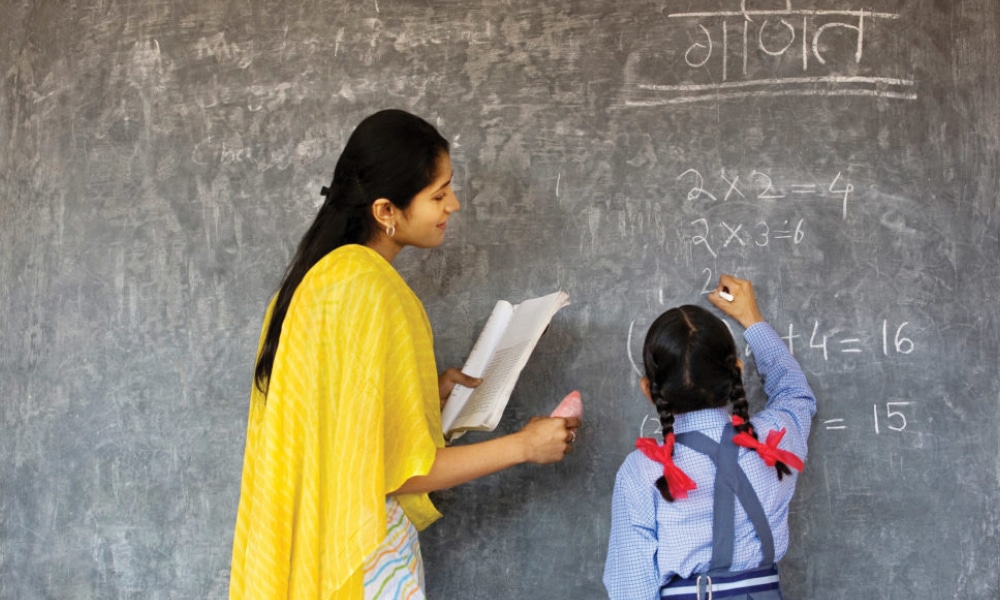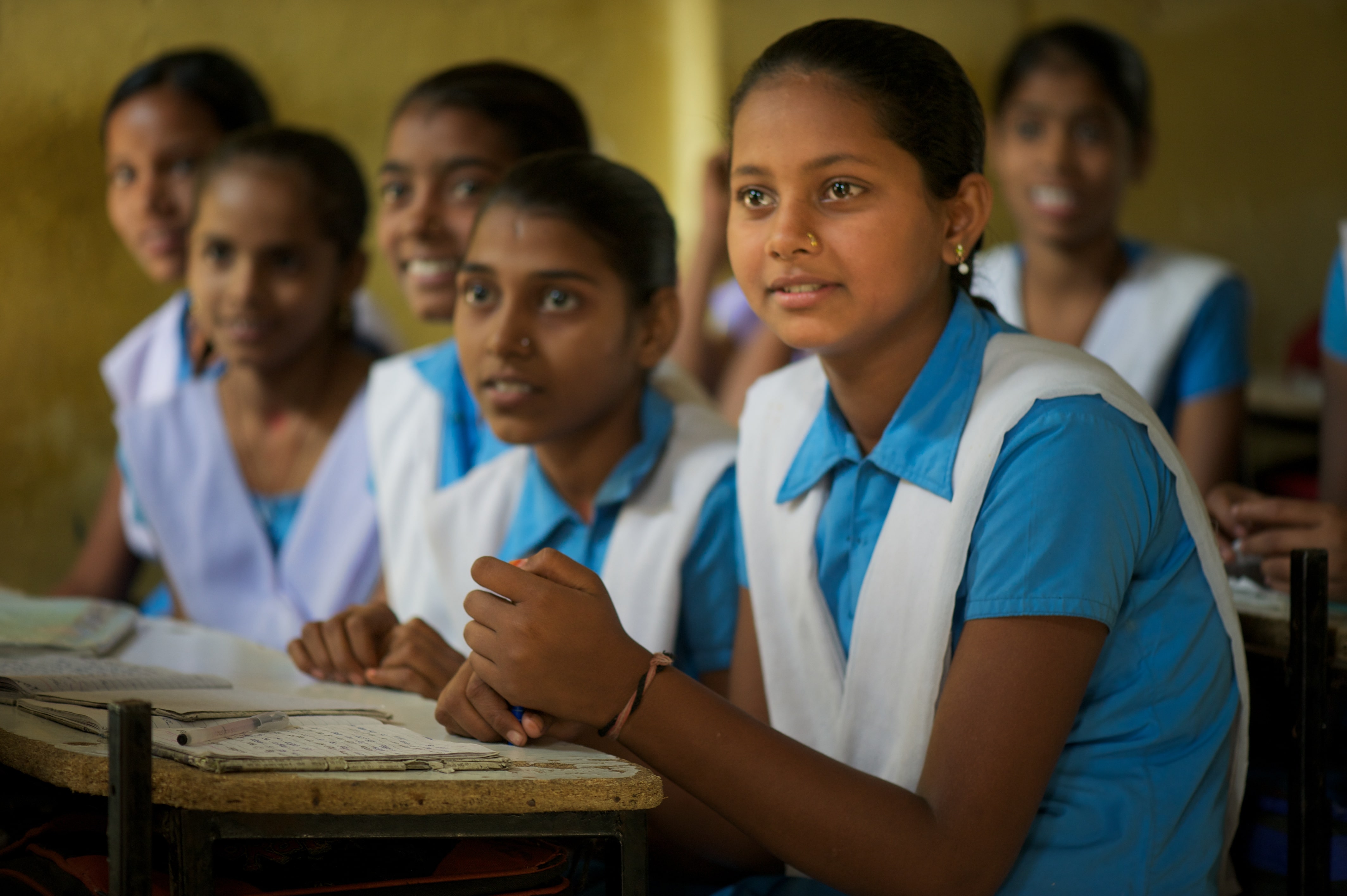The Centre plans to hand over the management reins of 2,500 planned public-private partnership 'model' schools to the private parties involved, allowing them to set their fees in a project aimed at aiding India's universalisation of schooling. The government will contribute a one-time amount of INR 50 lakh for each school before withdrawing from all subsequent management under finalised plans for the project, top Planning Commission officials told The Telegraph. The project, part of 6,000 model schools announced by Prime Minister Manmohan Singh in 2007, is the largest public-private partnership (PPP) initiative in Indian education. Its framework is likely to form a template that the government may follow in future projects involving the PPP mode of investment and management. The Planning Commission has approved the management model, and the human resource development ministry is currently drafting a note for the cabinet's approval, after which the project can be launched. But concerns over the selected model continue to linger both in industry and in those who are cautious about private participation in public-sponsored education.
The model schools, one for each for around 6,000 blocks in India, are to act as exemplars for other schools in the region. They have been earmarked as pillars crucial for the success of the proposed right to education law that aims to provide quality education to all children between 6 and 14 years. The cabinet has already cleared 2,500 public sector schools of the planned 6,000. The cleared schools are to be set up in the most educationally backward blocks of the country. Another 1,000 public sector schools are in the pipeline. But the 2,500 model schools to be built under the PPP model have till now been mired in debate between different stakeholders, with the government and industry haggling for control over them. A number of project models have been discussed, the debate principally revolving around the extent of public and private investment and whether the government or the private partner gets first control. One model discussed between the government and representatives of the Confederation of Indian Industry (CII) involved the government managing fees for the first few years after building the school finances with the private party. In this model, the private party would take over the management of the school after the initial few years and then run it themselves. An alternative model, where the private party would initially manage the school and hand it over to the government after a few years, was also discussed. Under the model to be presented to the cabinet, the government will withdraw from the management of the schools after investing the initial INR 50 lakh a school. There will be no recurring budgetary allocation in subsequent years for these schools. The private partner can set the fees according to market rates and will be in charge of managing the affairs of the school.




















